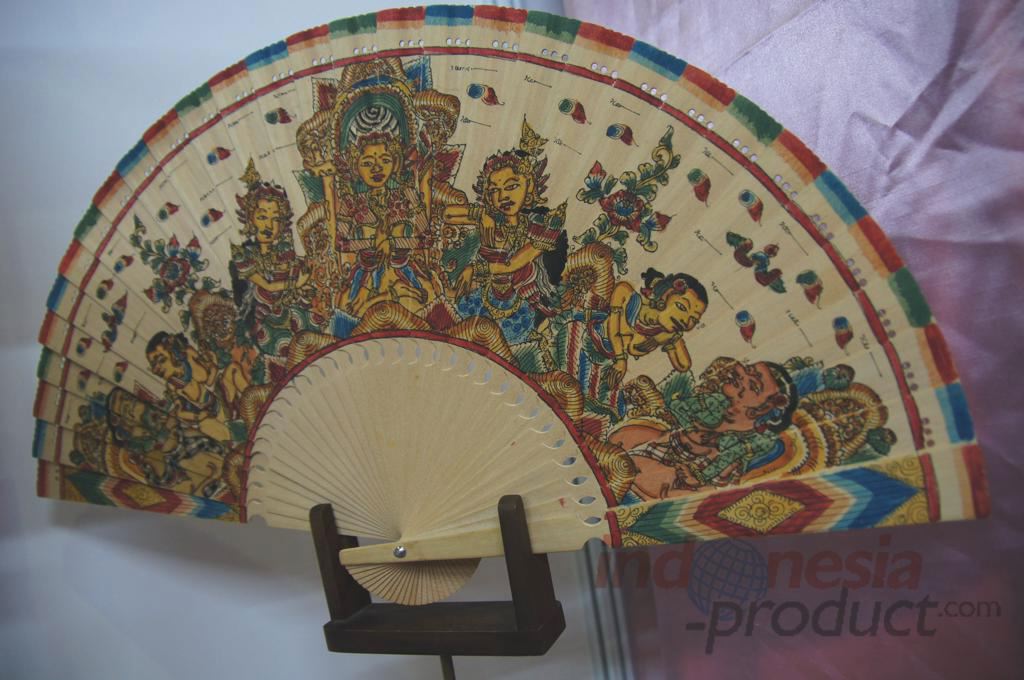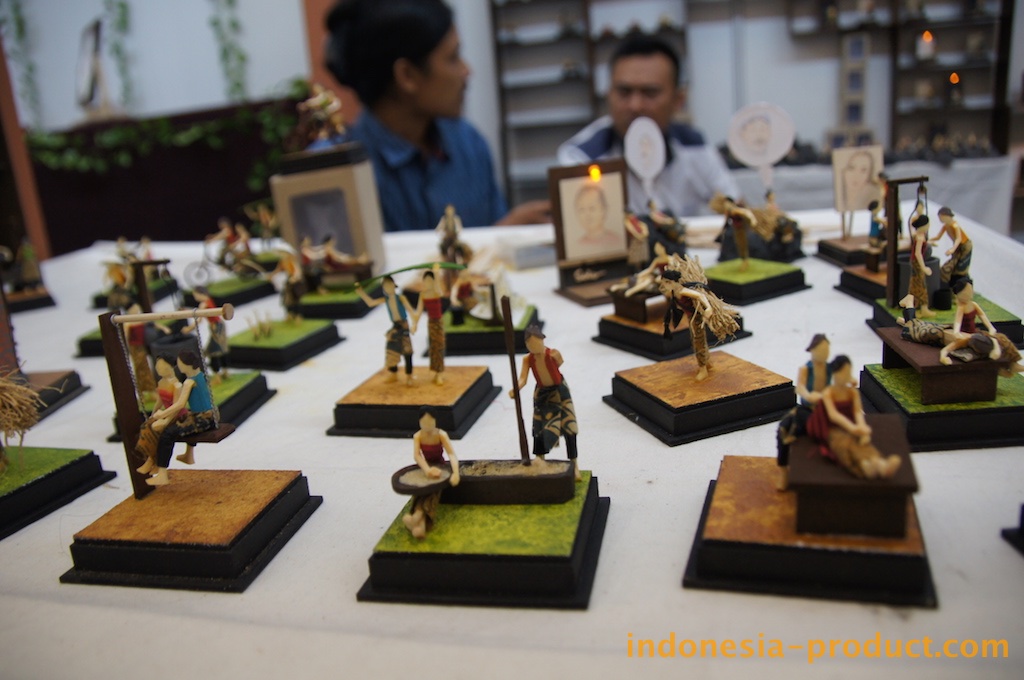City fails to find ‘proper’ place for Tibetan refugees
Phayul
By Asit Srivastava
Lucknow, January 27 – IN spite of the intervention by the Ministry of Home Affairs (Rehabilitation Division) in the year 2000, in getting certain areas of land allotted to Tibetan Refugees’ Handicraft Union members for selling their woollen goods in the city, the vendors here are still finding it difficult to eke out a living. For, they claim that the land allotted to them on the Mawaiyya Road, is not suitable for carrying out commercial activities.
‘‘In the past few years, our sales have taken a considerable nose-dive. Over eighty per cent of our sales have declined in the past three years or so. It is just because of the secluded site alloted to us, having a zero value in terms of carrying out business activities like ours,’’ rued representative of the Tibetan Refugees’ Handicraft Union (TRHU), T Norbu. ‘‘With no business at all (let alone any profit), each one of us is buried in debts,’’ he added.
It must be mentioned here that under the various rehabilitation schemes of the Government of India, the Ministry of Home Affairs, in 2000, had directed all the state governments and Union territories to ensure allotment of land (for business purposes) to Tibetan refugees, who were given asylum in 1959. Problems faced by the Tibetan refugees had also been raised in the Lok Sabha.
Though the vendors here are setting up their stall from late 7Os, it is only a few years back that their sales witnessed a drastic downfall. ‘‘We were not living in penury when we used to set up our stalls at the Station Road in Charbagh, a few years back. As the road remained abuzz with commuters, we had brisk business then,’’ recalled president TRHU, Sonam. ‘‘We often used to run out of stock then. So much was the demand for our woollen apparels! But now, as Mawaiyya road has sparse crowd, there are virtually no takers for our goods,’’ he laments.
Earlier, several times the civic authorities had directed the vendors to change their business site, citing that their business was causing a lot of nuisance and traffic related problems. Lucknow Municipal Corporation (LMC), a few years ago, had directed them to leave the site allotted to the vendors on the pavement of the Station Road. ‘‘LMC administration cited that the law does not permit setting up of the stalls there. After this, we changed our location. But, at present, makeshift shops still operate from the pavement. This brings forth the step-motherly attitude of the LMC towards us,’’ said the members. ‘‘It appears that in connivance with the local shopkeepers of Charbagh- whom we gave tough competition in woollen items-, the LMC officials had planned to drive us away, in order to benefit them,’’ they alleged.
Meanwhile, acting municipal commissioner Santosh Kumar admitted that shops continued to operate from the same location, from where once the Tibetan refugees used to run shop. On asking LMC’s stand on this issue, Kumar said, ‘‘It is true we had directed them to vacate the pavement on the Charbagh road. We would look into the matter and ensure that those operating from the pavement are removed at the earliest.’’ He also said he would be inviting representatives of the THRU for talks, to find out alternatives to the problems experienced by the vendors.
There are around 48 stalls put up here by the members of TRHU. Depending upon the area of the stall, the vendors pay Rs 10-50 daily to the LMC. These stalls are put up by the members every year for three months during winters. ‘‘It is our ancestral business, which is also our main source of income,’’ said a member, Kalsang Dekyi. She said all the refugees settled in different parts of the country wait eagerly for arrival of winter, to come to the city and sell their woollens.
Some of the woolen items are hand knitted, while other items at the stalls are purchased from Ludhiana. ‘‘As our sales have fallen drastically, we now owe lakhs of rupees to banks and other financial companies, from where we have taken loans for carrying out the business. We still need a ‘suitable’ location in order to make our living,’’ emphasied Dekyi.





